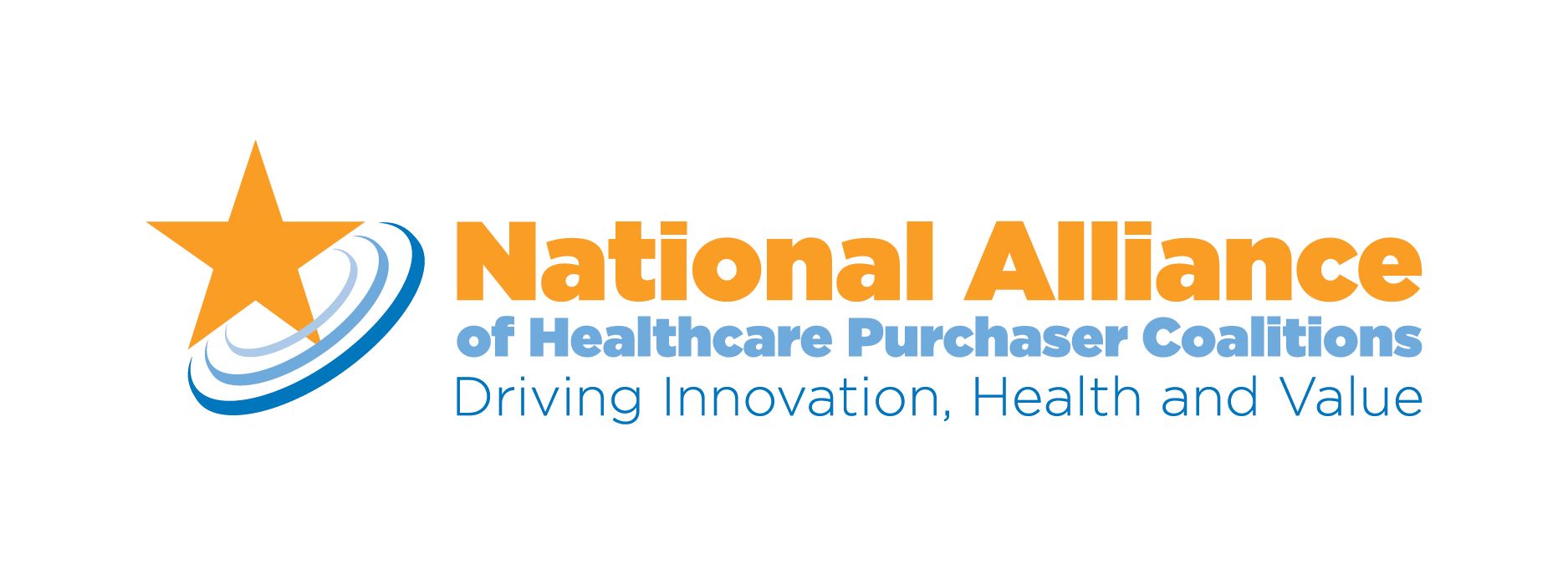
Michael Thompson: Getting to a Value-Based Benefit Design

In the past few years, benefit designs have led to a reduction of both low-value and high-value care, and moving forward, new designs have to be tied more directly to value-based reimbursement, said Michael Thompson, president and chief executive officer of the National Alliance of Healthcare Purchaser Coalitions.
In the past few years, benefit designs have led to a reduction of both low-value and high-value care, and moving forward, new designs have to be tied more directly to value-based reimbursement, said Michael Thompson, president and chief executive officer of the National Alliance of Healthcare Purchaser Coalitions.
Transcript
How can employers optimize benefit designs to ensure they receive maximum value for their healthcare costs?
Today, we’ve had a very rapid movement to higher cost sharing in our benefit plans. Specifically, the emergence of high-deductible plans, [health savings account]—compatible high-deductible plans. And what we’re finding is that some of that has certainly resulted in less utilization of lower-cost services, but it hasn’t necessarily been all good reduction in care. In some instances, it has caused people to defer necessary care and that can be counterproductive.
It’s also had very little impact in terms of the higher cost procedures. If someone goes into the hospital, they very quickly get into no cost sharing once they hit their out-of-pocket maximums. I think moving forward, we need to move to a more subtle way of cost sharing that rewards value. We need to differentiate among providers more effectively, we need to look at tying our benefit plans more directly to value-based reimbursement—bundles, potentially—and we do need to eliminate or reduce the amount of cost sharing around those services that help to mitigate downstream costs if people take care of themselves.
So, we’ve got a lot of work to do to actually get from where we’re at in terms of plan design and what we would consider a value-based design moving forward.
Newsletter
Stay ahead of policy, cost, and value—subscribe to AJMC for expert insights at the intersection of clinical care and health economics.








